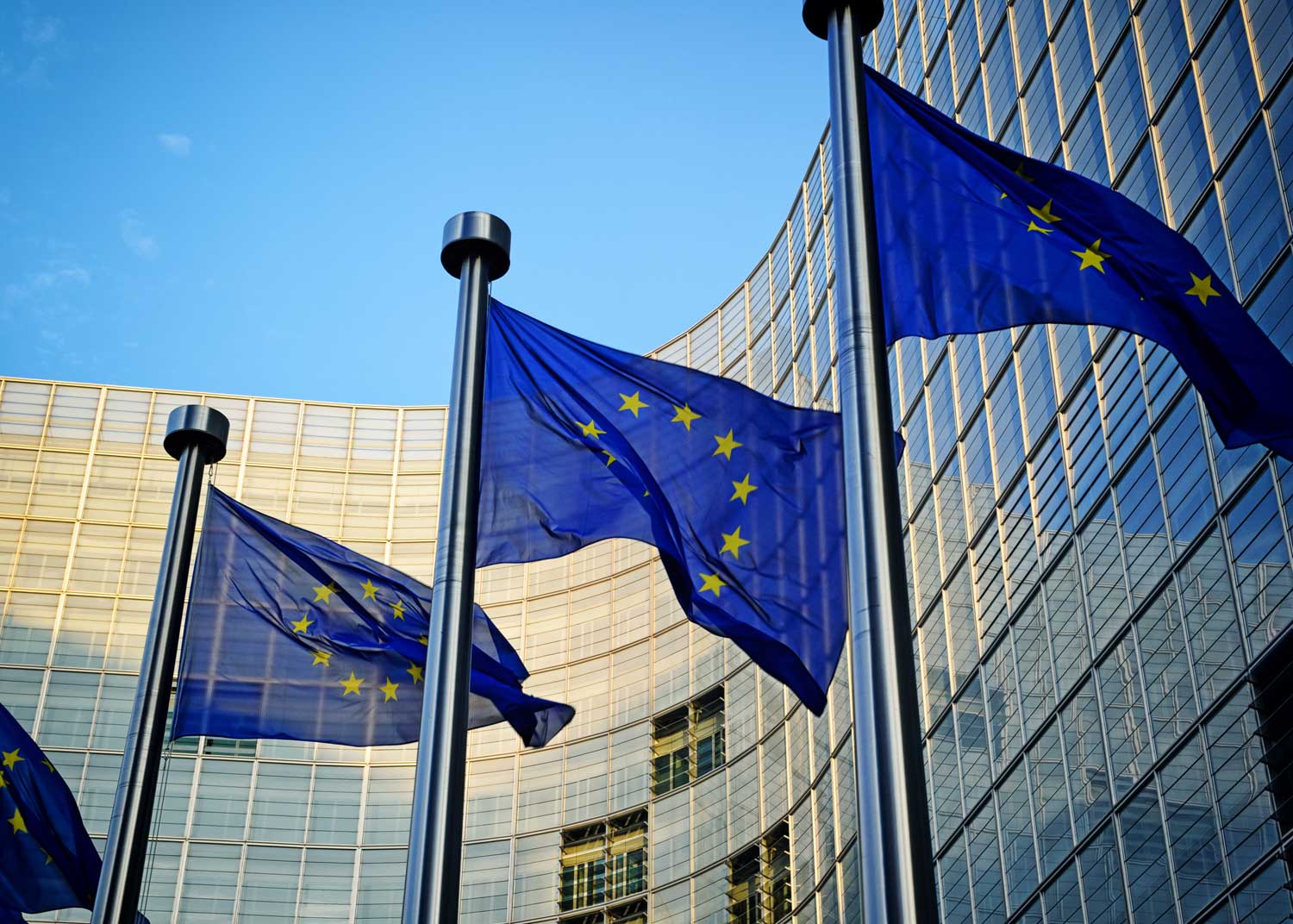Showing results for virg xped promised irish

Article 29 Working Party/European Data Protection Board
[…] about this in the near future. The WP29 adopted the final versions of three documents adopted in December 2016, formalizing guidance on DPOs, data portability and the lead authority. The Irish DPC issued a statement on DPOs and the appropriate qualifications an employer should be looking for. The “Berlin Group” (International Working Group on Data Protection in […]

POLICY CHOICES FOR A DIGITAL AGE
[…] for a digital age 75 (and those of millions of other Europeans) to the United States. After crowdfunding his campaign, he succeeded in challenging Facebook through the Irish authorities and eventually the European Court of Justice. Max epitomises citizen lobbying. He occupied the space left vacant by regulators, enforcers and civil society organisations. We […]

End of Safe Harbor? Understanding the CJEU’s Decision and Its Implications
[…] since 2008, requested the company to provide him with a copy of all the data it holds about himself. Later on, he filed a complaint with the Irish Data Protection Commissioner (“DPC”) in which he asked the DPC to exercise its power by prohibiting Facebook Ireland to transfer his personal data to the US.6 […]

Press Release: EU-US Safe Harbor Essential To Leading European Companies
[…] corporation InterContinental Hotels Group, British hotel company Telefónica, Spanish mobile network provider Mind Candy Inc., British children’s app developer and creator of mobile game “Moshi Monsters” Ingersoll-Rand, Irish global diversified industrial company Dassault, major French manufacturer and software developer Vodafone, major British telecommunications company These and other participating European companies depend on the […]

FPF Safe Harbor Report
[…] OF COMMERCE , U.S. -EU SAFE HARBOR FRAMEWORK : GUIDE TO SELF -CERTIFICATION 11 (2009), http://www.trade.gov/publications/pdfs/safeharbor -selfcert2009.pdf . See also Letter from Ciara O’Sullivan, Senior Compliance Officer, Irish Data Protection Authority, to Europe -v-facebook.org (July 23, 2013), available at http://www.e urope -v-facebook.org/Response_23_7_2013.pdf (Irish DPA relying on the national security exception in the Safe Harbor […]

Schwartz_EU-US Privacy Collision
[…] Third, the Proposed Regulation incorporates a number of privacy policy innovations, some of which have roots outside of the EU. In 1995, the Directive had demonstrated a willingness to absorb policy innovations made within the EU. The Proposed Regulation proves similarly willing to absorb recent information privacy policy innova- tions, whether from EU member states or elsewhere. By incorporating these innovations, the Proposed Regulation demonstrates its openness to the work of global policy entrepreneurs. Among the privacy regula- tory innovations that the Commission incorporated into the Proposed Regulation are data breach notifications; data protection impact as- sessments; data protection by design; and the concept of “responsibil- ity,” which has more typically been termed “accountability.” 241 The last concept provides an especially interesting example of privacy poli- cy entrepreneurship. The OECD’s Privacy Guidelines contain an early, if underdevel- oped, mention of accountability. The OECD Guidelines require the “data controller” to “be accountable for complying with” their princi- ples. 242 More recently, a joint policymaking effort has sought to create standards of accountability for the twenty-first century. 243 This pro- ject has been facilitated by a U.S. organization, the Centre for Infor- mation Policy Leadership, and began with the Irish Data Protection Commissioner’s multiyear “Galway Project.” 244 These initial steps have been followed by accountability projects led by the French data ––––––––––––––––––––––––––––––––––––––––––––––––––––––––––––– 239 See id. art. 43, at 71–73. 240 Id. art. 42(2)(b)–(d), at 70–71. 241 Id. arts. 31, 32, at 60–62 (data breach notifications); id. art. 33, at 62–63 (data protection impact assessments); id. art. 23, at 56 (data protection by design); id. (accountability). 242 OECD Guidelines, supra note 23, art. 14. 243 CTR . FOR INFO . POLICY LEADERSHIP , HUNTON & WILLIAMS LLP, DATA […]

Five Big Questions (and Zero Predictions) for the U.S. Privacy and AI Landscape in 2026
[…] year was more due to chance than anything else, and next year will return to business-as-usual. After all, Alabama, Arkansas, Georgia, Massachusetts, Oklahoma, Pennsylvania, Vermont, and West Virginia all had bills make it to a floor vote or progress into cross-chamber, and some of those bills have been carried over into the 2026 legislative […]

FPF Holiday Gift Guide for AI-Enabled, Privacy-Forward AgeTech
On Cyber Monday, giving supportive technology to an older loved one or caregiver is a great option. Finding the perfect holiday gift for an older adult who values their independence can be a challenge. This year, it might be worth exploring the exciting world of AI-enabled AgeTech. It’s not only gadgets; it’s also about giving […]

“Personality vs. Personalization” in AI Systems: Intersection with Evolving U.S. Law (Part 3)
This post is the third in a series on personality versus personality in AI systems. Read Part 1 (exploring concepts) and Part 2 (concrete uses and risks). Conversational AI technologies are hyper-personalizing. Across sectors, companies are focused on offering personalized experiences that are tailored to users’ preferences, behaviors, and virtual and physical environments. These […]

A Price to Pay: U.S. Lawmaker Efforts to Regulate Algorithmic and Data-Driven Pricing
“Algorithmic pricing,” “surveillance pricing,” “dynamic pricing”: in states across the U.S., lawmakers are introducing legislation to regulate a range of practices that use large amounts of data and algorithms to routinely inform decisions about the prices and products offered to consumers. These bills—targeting what this analysis collectively calls “data-driven pricing”—follow the Federal Trade Commission (FTC)’s […]
